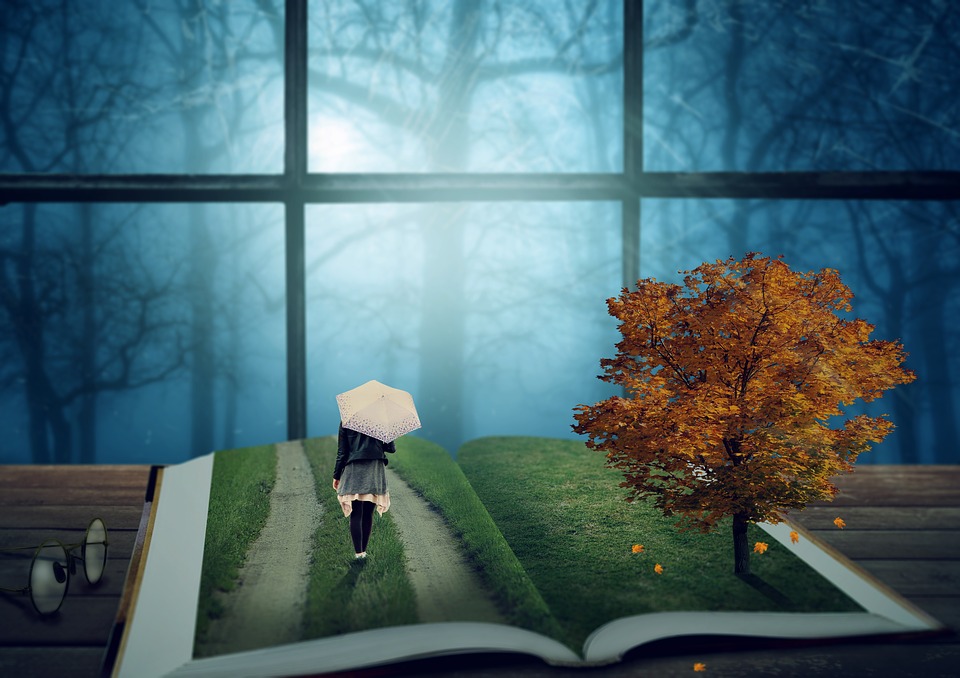Life has thrown me a curve ball in the last week and my attention is fragmented, so here’s a blog post that appeared five years ago. The sentiments are as true today as they were back then.
I received an email a few weeks ago about living in B.C. The woman in question is doing her master’s and preparing to give a seminar focusing on BC authors. She wanted to know how living here informs or influences my writing.
I mulled it over for quite a while because it’s a surprisingly tricky question to answer. When I responded, I gave her some context, explaining that though I was born on Vancouver Island (Victoria), I grew up in both Victoria and Vancouver, spent a year in Edmonton as a young teen and five years living in Winnipeg when I was in my early twenties. When I finally returned to the island in my late twenties, it really was like coming home.
I think there’s a certain mindset one has, having been born and raised on an island. To a large extent, you’re dependent on ferries (or planes) for mail, food, fuel and the ability to come and go. You can’t just up and leave (or return, for that matter) without checking a schedule or two. There’s also an understanding that land here is finite: there’s only so much room for garbage disposal or new buildings. That’s not so on the mainland where there’s always room out in the valley or up the mountain. Island living is said to be an insular sort of existence. If one defines insular as being set apart, I’d agree. If you toss in the other definition of insular as being ignorant or disinterested in different cultures, I’d argue against it. That kind of insular attitude isn’t limited to island living, and I certainly don’t see it here on Vancouver Island.
With those thoughts rattling around my head, I was no closer to answering the woman’s question. How does living here specifically impact me as a writer? I finally came to this conclusion: living on the west coast impacts me. I bring that sensibility to my life generally, which, by extension, flavours my writing. Some of my books are set in B.C. Others are set on the prairies, which I grew to love too. A few are set in the U.S., though every U.S. setting I’ve used has been on the west coast – Seattle, San Francisco, and Los Angles. I think that’s telling.
For me as a writer, setting plays as big a role as character. So, when I place a story in a particular location, I need to have lived there or at least spent time there to absorb its nuances. But while I’ve been to New York, for instance, I haven’t spent as much time there as I have in Seattle, San Francisco or L.A.
I relate to the coast. I know the flora and fauna, the birds and animals. When someone complains about a heron fishing at their pond, I know precisely what that sharp, two-toned beak looks like as it dips into the water. When a friend mentions that the bark is peeling from their arbutus tree, my mind immediately goes to the intoxicating honey scent of the arbutus flowers that bloom in spring. I know what spring is like here (often rainy), and summer and fall and winter too (most definitely rainy). I’ve lived with the nuances of light and dark; I’ve experienced drought and floods and windstorms. I understand the politics, the environmental issues, and the social nuances that permeate towns and cities up and down the coast.
Does that mean I’m limited to setting my books on the coast? No. I love to travel and spend time in other places, and I’m pretty good at researching too. So that’s not an issue. But when it comes right down to it, I get the west coast mindset. The saltwater tang infused my blood at birth. And I’m more than okay with it.











Comments